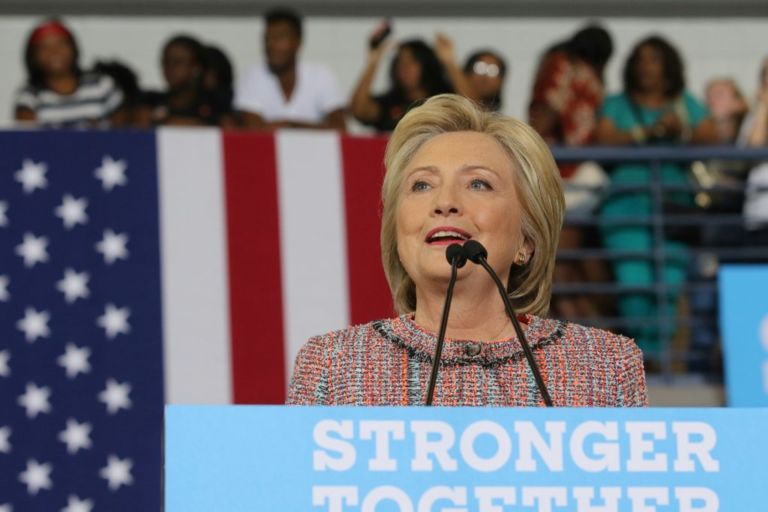This weekly newsletter, focused on environmental issues, highlights relevant analysis done by the John Locke Foundation and other think tanks, as well as items in the news.
1. CO2, a life-giving gas
Forbes Magazine has a great article on the demonization of carbon dioxide — a gas that without which there could be no life on earth. Entitled "It’s time to pardon carbon," the article is written by Larry Bell, University of Houston endowed professor of space architecture and author of the forthcoming book Climate of Corruption. Bell provides a great take on the environmental movement’s largely successful but fraudulent efforts to take over the energy industry by falsely demonizing CO2. His opening and closing paragraphs tell the story in a nutshell:
It’s high time we recognize that carbon dioxide has been treated unfairly. Not only have the good deeds of that wonderful molecule so essential to rain forests, begonias and plants that feed God’s creatures been ignored, it has even come to be demonized as an endangering pollutant and climate-ravaging menace. What real evidence has been offered up to support these defamatory charges? Absolutely none.
Let’s offset the nonsense, begin to give carbon some honest credit it deserves, and put a cap on those who malign it to advance special agendas. We can start by stripping EPA and other federal government alphabet agencies of powers to invoke unwarranted intrusions into our free markets, business and lives. That will constitute a man-made climate change truly worthy of celebration.
2. And then there’s the Republican view
In this video interview with the Wall Street Journal, Mitch McConnell, Republican leader in the U.S. Senate, says the following:
I think energy is an area where there is potential for a bipartisan accomplishment of some consequence. … You know, nobody thinks it’s a bad idea to reduce carbon emissions, the question is, how do you do it? … Most people on both sides of the aisle are very enthusiastic about plug-in cars, nuclear power [and] clean coal technology.
3. A great summary of the climate facts
Physicist and legendary climate scientist Fred Singer has a very informative article in American Thinker ostensibly on the French Academy’s published conclusion that global warming is "real and anthropogenic." By simply laying out the facts, Singer demonstrates that it is highly likely that both aspects of that claim are false. Singer points to actual climate data and some of the controversies surrounding the data used by the IPCC. It is a very useful summary. So as Singer asks, and answers, "How could the Academy reach such a conclusion? Simply by ignoring any contrary evidence — all published in peer-reviewed journals and readily available.
4. Weekly Ozone Report
This is the last of our weekly ozone reports for the 2010 ozone season. It includes only one day. Last week’s summary ended with October 30, and the ozone season ends with October 31. For October 31, the NC DAQ reports no high ozone readings registered on North Carolina monitors. From April 1 through October 31 North Carolina has had 106 high ozone readings (0.076 ppm or above over an eight-hour period). These readings were scattered around the state over 33 out of 39 different monitors and over 26 different days. Most of the high ozone days to date have occurred in the Charlotte area and in the Triad. It should be noted that the 2010 ozone season ended on October 31. This means that next week’s report will be the last for the season and will only include 1 day. It is very likely, then, the state has experienced all of the high ozone days that it will experience this year. [Note: When an ozone alert is made through the media, it is only a prediction. Very often an ozone alert is issued but a high ozone day does not materialize. That is why we are reporting here that during certain weeks there were no actual high ozone days even though ozone alerts may have been issued and reported in the media.]
Links to recent JLF reports on ozone:
https://www.johnlocke.org/research/show/spotlights/234
https://www.johnlocke.org/research/show/spotlights/229


